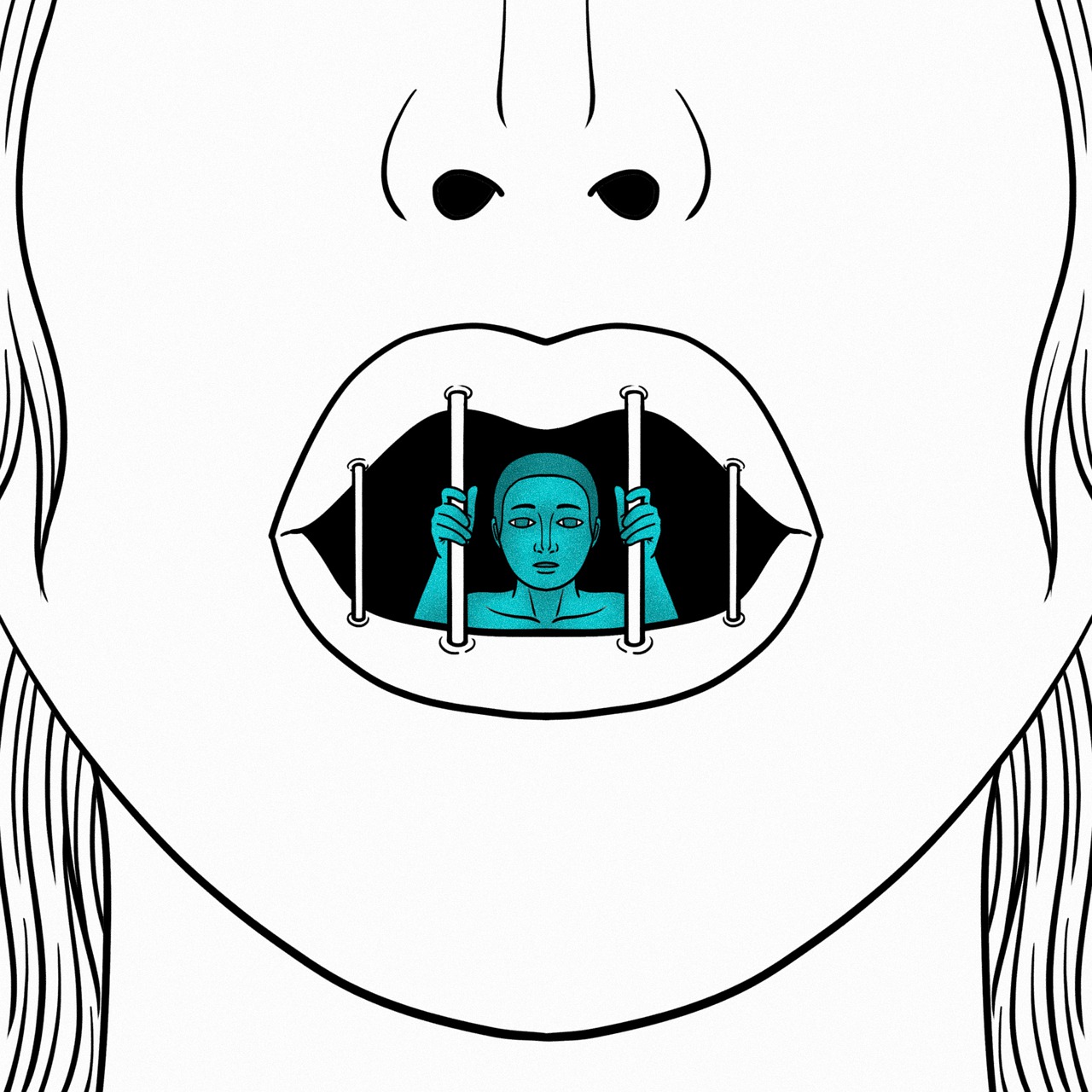Free Speech as a political weapon of citizens
Free speech is a fundamental right that allows individuals to express their thoughts, opinions, and beliefs without fear of censorship or persecution. It is a powerful political weapon that has the potential to bring about notable change in society. In this essay, we will explore the power of free speech as a political weapon of citizens. We will examine how free speech holds governments accountable, shape’s public opinion, and discuss the limitations and challenges of using free speech in a political context.
Free speech plays a crucial role in holding governments accountable for their actions and policies.
It enables citizens to voice their concerns and criticisms, acting as a check on government power and preventing the abuse of authority.
Throughout history, there have been hundreds of instances where free speech has played a pivotal role in political change.
The American civil rights movement, for example, was fuelled by the voices of activists who used their right to free speech to demand an end to racial discrimination and segregation.
Similarly, the Arab Spring citizens drove uprisings in the Middle East who utilized free speech to express their dissatisfaction with oppressive regimes and call for democratic reforms.
In addition to holding governments accountable, free speech also serves as a means of shaping public opinion.
The ability to freely express ideas and opinions allows individuals to influence public discourse and sway public sentiment.
With the advent of social media and the internet, the dissemination of ideas and information has become more accessible than ever before.
This has led to a democratization of knowledge, as individuals from all levels of society can now participate in public debates and contribute to the formation of public opinion.
Protecting free speech is crucial to ensure a diversity of perspectives in society, as it allows for the exploration of different ideas and the fostering of intellectual growth.
While free speech is a powerful political weapon, it is not without its limitations and challenges.
One of the key challenges is finding a balance between free speech and the need to protect individuals from hate speech and misinformation.
While free speech should be protected, it is important to recognize that there are limits to what can be said to maintain social harmony and protect vulnerable groups.
Additionally, responsible speech is an ethical consideration that should be considered when exercising free speech.
It is important to use this political weapon responsibly, ensuring that our words do not cause harm or incite violence.
Furthermore, in a diverse and globalized world, navigating the boundaries of free speech becomes increasingly complex.
Diverse cultures and societies have varying perspectives on what is acceptable speech, and what may be considered free speech in one country may be seen as offensive or even illegal in another.
Striking a balance between respecting cultural differences and upholding the principles of free speech poses a challenge in our interconnected world.
In conclusion, free speech is a powerful political weapon that enables citizens to hold governments accountable, shape public opinion, and bring about political change.
It allows individuals to express their thoughts, ideas, and criticisms without fear of reprisal.
However, it is important to recognize the limitations and challenges of using free speech as a political weapon
